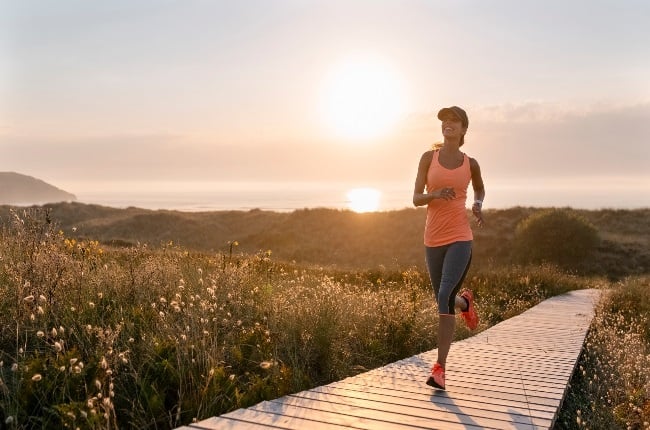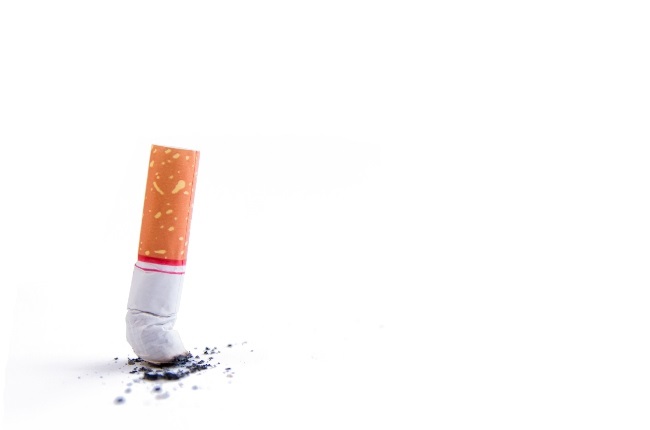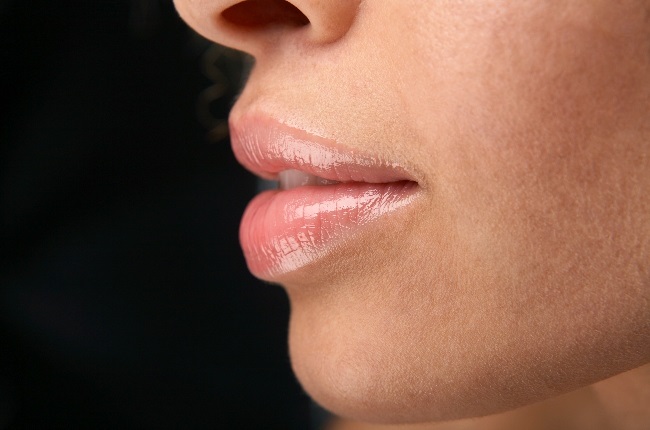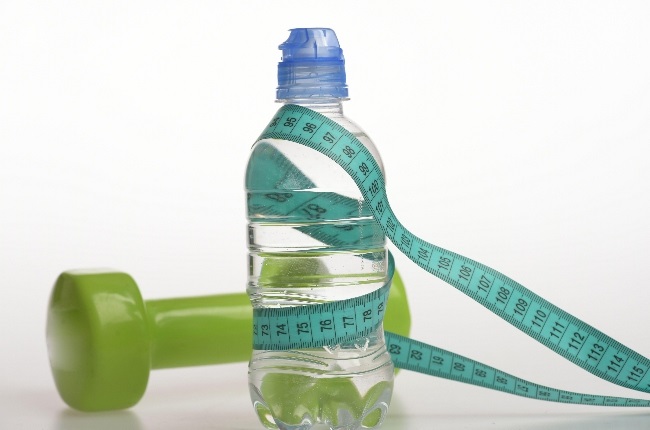
Most of us know that the major anti-cancer messages include not smoking, getting regular checks and being vigilant about sun protection. However, there are many other ways to minimise your risk of developing almost all forms of cancer.
Here we explain some simple yet effective ways top doctors protect themselves and their families.
EAT COLOUR
“I have five servings of vegetables and two servings of fruit every day because they provide phytochemicals and fibre to protect the bowel,” says Dr Cate Lombard, director of the Healthy Lifestyle Program at Australia’s The Jean Hailes Foundation for Women’s Health.
“The brighter colours in fruit and vegetables mean they contain more anti-cancer chemicals, such as antioxidants like vitamin C, and anthocyanins often associated with the colours in foods like blueberries, carrots and broccoli.
“I also exercise – regular moderate activity helps prevent bowel cancer.”
READ MORE | Your kids are smarter than you think – here's how to talk to them about all the bad things in the world
DOWN WITH ALCOHOL
“I limit myself to one or less standard drinks a day and personally find that less caffeine during the day means less craving for alcohol at night,” says Professor Helena Teede, director of research at The Jean Hailes Foundation for Women’s Health in Australia.
“Alcohol is one of the most well-established causes of cancers of the upper digestive tract, breast, colorectum, liver and stomach. The more you drink the higher your risk.
“For cancer prevention, alcohol should be drunk in moderation, if at all. For me, better ways to wind down after work include exercise, walks with the family or cooking – something non-taxing that involves getting your hands dirty,” Teede says.
GET SOME RAYS
“To make sure I have enough vitamin D, I go outside at morning or afternoon teatime,” says Professor Rebecca Mason, deputy director of the University of Sydney’s Bosch Institute.
“I also make sure I have enough calcium because it helps prevent the vitamin D from breaking down, and I try to get some exercise while I’m outdoors – usually a brisk walk because it helps with vitamin D storage.
“There is evidence that making sure you have adequate levels of vitamin D offers protection from colon cancer and breast cancer. “Most people get their vitamin D from a small amount of sun exposure on most days.”
UP YOUR SELEUM
“I keep a jar of Brazil nuts handy and find that two or three a day is a good way to boost my selenium intake by about 100mcg,” says Professor Graeme McIntosh of the Department Health Sciences at Flinders University in Adelaide, Australia.
“This mineral has the potential to cut colon cancer risk in half, but many people don’t have enough in their diets. It can be found in a variety of foods but because it comes from the soil, whether or not your levels are adequate may depend on where you live
.“Research has also shown selenium to be protective against lung and prostate cancer. The current recommended daily intake is 60mcg a day but 150mcg to 200mcg is safe to take, and it’s these higher levels that have been shown to work against cancer.”
BREATHE CLEAN AIR
“I avoid outdoor areas where people smoke and would never allow anyone to smoke in my home – not only to protect my own health but because I feel a personal responsibility not to make my home a health hazard for anyone else who is visiting,” says Dr Ronald McCoy, senior lecturer at the Royal Australian College of General Practitioners.
“Non-smokers exposed to second-hand smoke long term have a 20 to 30 percent higher risk of getting lung cancer. Some people call it passive smoking but there’s nothing passive about breathing in poison from other people’s cigarettes. If you can smell it, you’re exposed to it and if you’re exposed to it your health is at risk.
“Second-hand smoke has also been linked to cancer of the nasal sinuses and there is even evidence that women who share air with smokers may increase their breast cancer risk over time.”
MIND YOUR LIP
Most people know to apply sunscreen to their faces but forget to protect their lips,” says Dr Peter Alldritt, Oral Health Committee chairman of the Australian Dental Association.
“I live in South Australia, which has the highest incidence of lip cancers in the world, so I never leave my front door during daylight hours without using a SPF 15 or 30+ lip balm.”
SEE YOUR DENTIST
“Oral cancer can be easily overlooked and your dentist is the professional most likely to pick it up early,” says Dr Peter Alldritt, Oral Health Committee chairman of the Australian Dental Association.
“Cancers inside the mouth are often difficult to treat, so prevention is definitely better than cure.
“I minimise my own risk by never smoking, being vigilant about oral hygiene, and drinking no more than two drinks per day and having at least two alcohol-free days a week. Seeing your dentist twice a year is vital because dentists are trained to screen for oral cancers at every check-up.”
WATCH YOUR WEIGHT
“To keep myself fit and maintain a healthy weight, I exercise for at least 30 minutes on most weekdays and three to four hours over the weekend,” says Michael Henderson, associate professor at Peter MacCallum Cancer Centre in Melbourne, Australia.
“Eating a healthy, low-fat diet, keeping your weight in the normal range, and making sure you take enough exercise are part of a proven prevention strategy for breast, colorectal and prostate cancer.
“It may require significant changes to your lifestyle, but lowering your weight as well as your cancer risk is an excellent incentive,” he adds. “The current recommendations are for 30 minutes of moderate exercise, like brisk walking, on most days.”
CUT BACK ON RED MEAT
“I enjoy eating red meat about twice weekly, in keeping with World Cancer Research Fund recommendations to limit intake to less than 500g per week,” says Professor Graeme McIntosh of the Department Health Sciences at Flinders University in Adelaide, Australia.
“Research has shown haemoglobin, which gives meat its redness, is a promoter of cancer. We also know that nitrites, used as preservatives in deli meats, can increase colon cancer risk.”




 Publications
Publications
 Partners
Partners



















